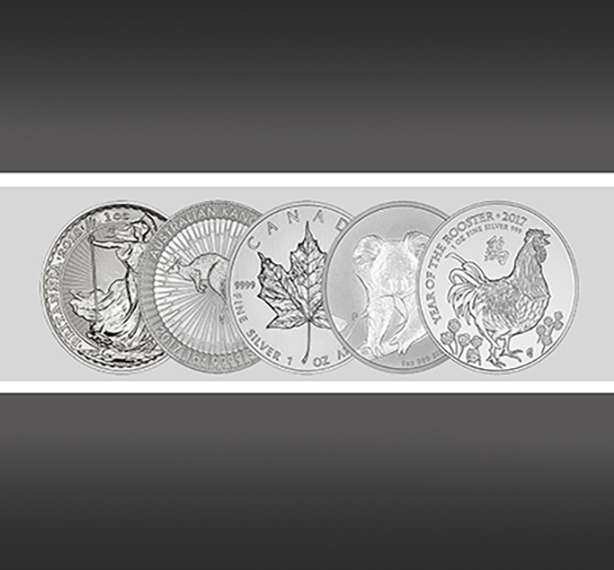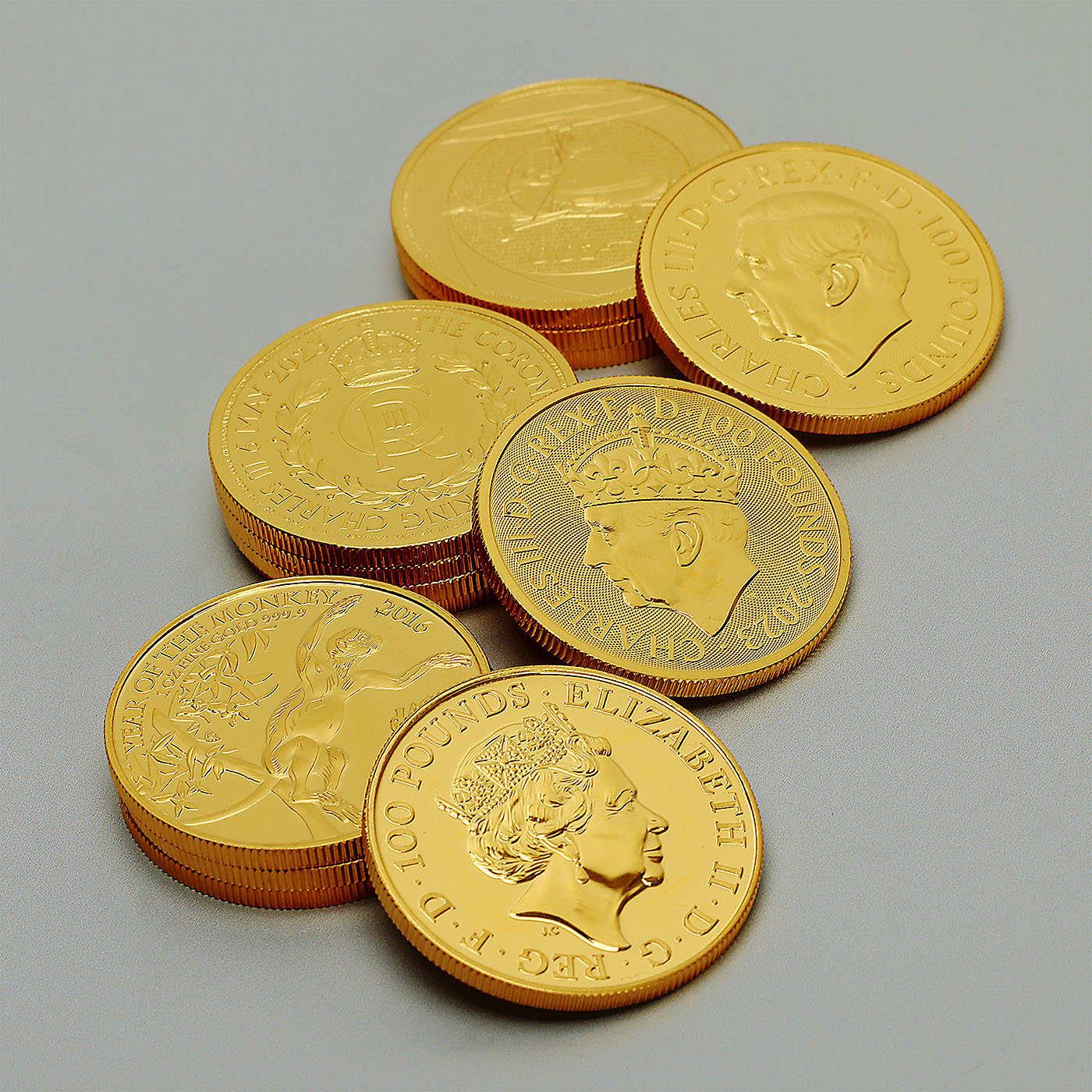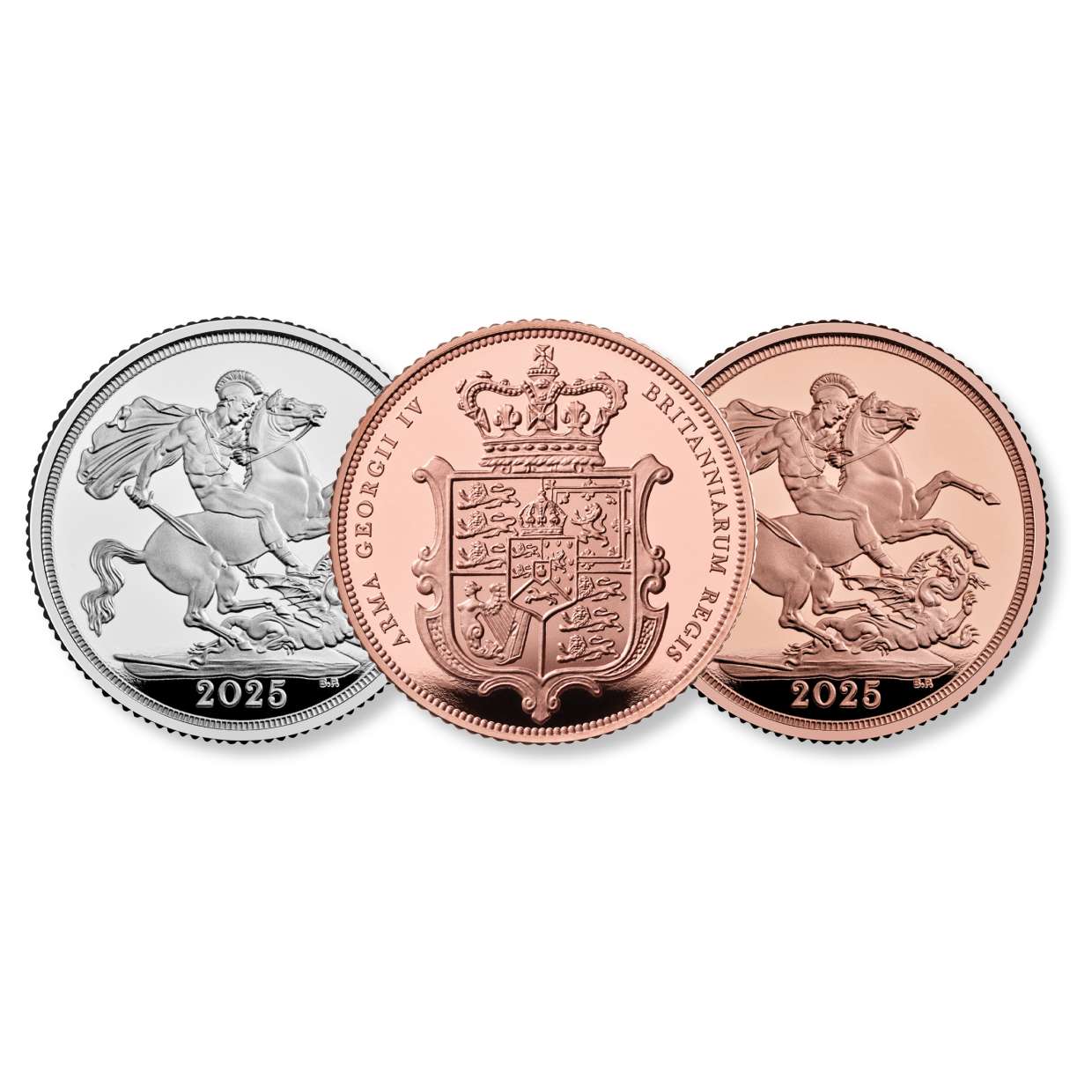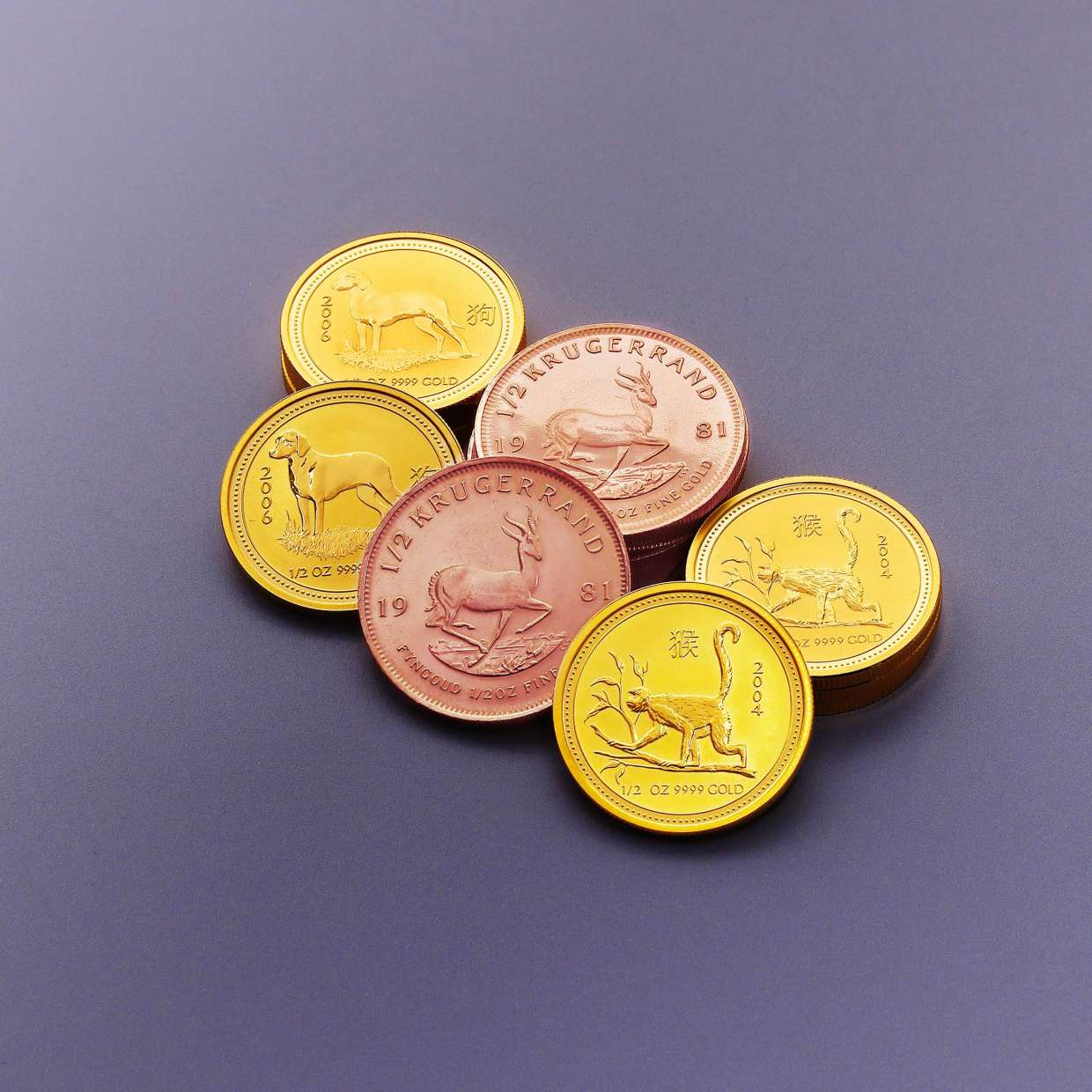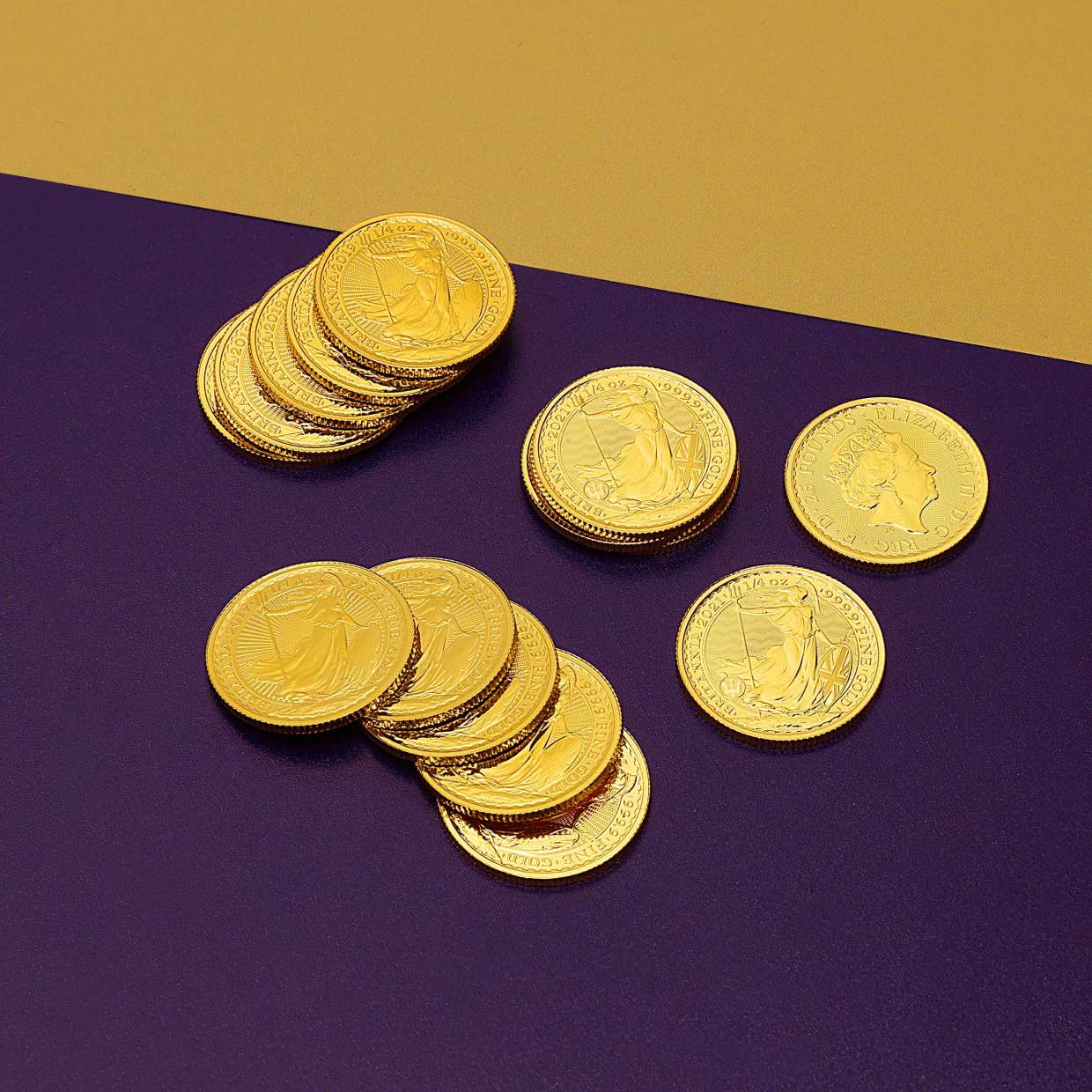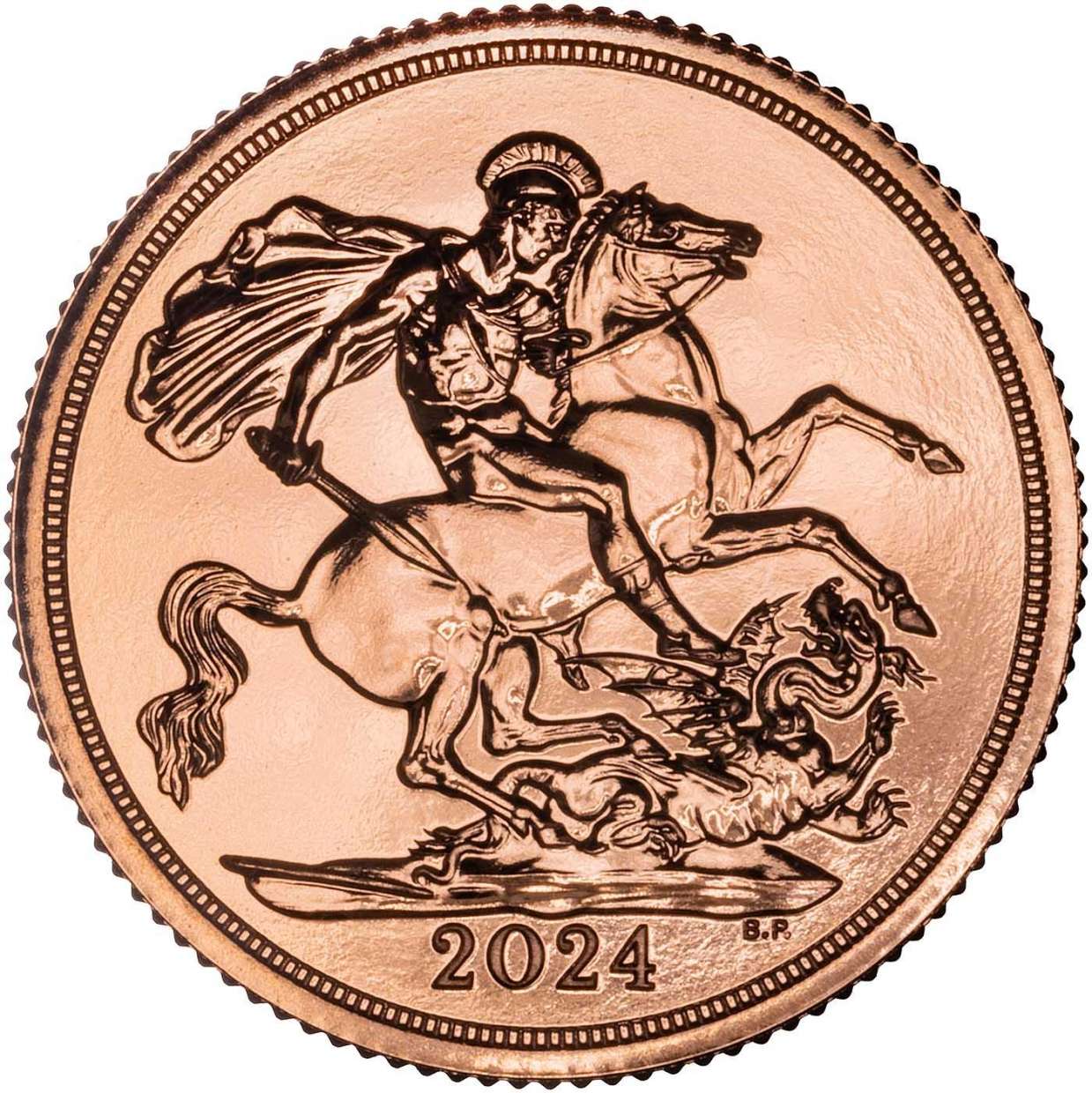Top 8 Gold Production by Country & Mining Producers
Synopsis
Gold mining remains a vital industry for many countries around the world. China, Russia, Australia, Canada, United States, Ghana, Peru, and Mexico are the top 8 gold producing countries. Consumers should seek out products that have been responsibly sourced and produced, certified by organisations such as the Responsible Jewellery Council and the London Bullion Market Association.
Key Takeaways
- Gold has been valued for thousands of years as a symbol of wealth and power.
- China, Russia, Australia, Canada, United States, Ghana, Peru, and Mexico are the leading nations in gold production as of 2022.
- Gold mining has a rich history dating back to ancient civilizations.
- Today's gold production market is dominated by large-scale, industrial mining operations.
- Responsible sourcing and ethical mining practices are becoming increasingly important in the gold industry.
Valued for Thousands of Years: The Significance of Gold
Gold, a precious metal that has been revered for millennia, continues to hold a revered place in society as a symbol of wealth and power. The mining of this precious metal remains a vital industry for numerous nations globally, despite the fluctuations in gold prices and mining difficulties.
Leading Countries in Gold Production
According to The World Gold Council, as of 2022, China, Russia, Australia, Canada, United States, Ghana, Peru, and Mexico are the leading nations in gold production. Additionally, Kitco news has reported that Newmont, Barrick, Agnico Eagle, AngloGold Ashanti, Newcrest, Gold Fields, Kinross, Zijin Mining, Northern Star and Harmony Gold are the top gold mining companies as of Q2 2022.
A Rich History of Gold Mining
Gold mining has a rich history, dating back to ancient civilizations such as the Egyptians and Romans. The utilisation of gold as currency can be traced back to at least 700 BC. However, it was the discovery of gold in California in 1848 that ignited a gold rush in the United States and led to a significant hike in global gold production. Subsequently, gold rushes in Australia, South Africa, and Canada also led to an increase in production.
The Evolving Gold Production Market
The gold production market of today has undergone significant evolution. While gold rushes were once a major aspect, today's gold production is largely dominated by large-scale, industrial mining operations. Countries such as China and Russia dominate the industry due to factors such as favorable geology, well-established mining infrastructure, and supportive government policies.
The Top 8 Gold Producing Countries
1) China
China, for instance, is the leading gold producing country worldwide, boasting a long history of gold mining and the largest gold reserves in the world. The country's gold production is dominated by state-owned companies, with the government heavily regulating the industry.
2) Russia
Similarly, Russia, the second-largest gold producing country, has a rich geology and well-developed mining infrastructure. Russia's gold production is also dominated by state-owned companies.
3) Australia 4) Canada 5) United States)
Australia, Canada, and the United States are also significant gold producing nations. Australia boasts a long history of gold mining and a well-developed mining industry. Canada has a rich geology, particularly in the provinces of Ontario and Quebec, and a well-developed mining industry. The United States has a blend of large-scale, industrial mining operations and smaller, artisanal mines.
6) Ghana 7) Peru 8) Mexico
Ghana, Peru, and Mexico are also notable gold producing countries. Ghana is the largest gold producer in Africa, with a rich geology and well-established mining industry. Peru is a leading producer of gold and other minerals, with a rich geology and well-developed mining infrastructure. Mexico has a long history of mining and a well-developed mining industry.
Responsible Sourcing and Ethical Mining Practices
However, the industry also faces several challenges, including significant environmental impacts of gold mining, labor issues such as poor working conditions and low wages, and fluctuations in gold prices and mining difficulties, which can greatly impact the economic well-being of mining communities and countries. It is important to note that responsible mining practices should be implemented to mitigate these challenges and ensure sustainable production.
As a discerning consumer of high-end goods, it is essential to be mindful of the origin of the gold being used in the products you purchase. Ethical sourcing and responsible mining practices are becoming increasingly important in the gold industry, as consumers become more conscious of the impact of their purchases on the environment and the communities where the gold is mined.
When looking to purchase high-end gold products, it is advisable to seek out those that have been responsibly sourced and produced. One way to ensure responsible sourcing is to look for certifications such as those from the Responsible Jewellery Council (RJC) and the London Bullion Market Association (LBMA). These certifications indicate that the gold has been responsibly mined, processed, and traded, and that the companies involved have been independently audited to ensure compliance with strict standards.
The Precious History of Gold
In conclusion, gold remains a highly valued and sought-after commodity, with a rich history and ongoing significance in the global economy. As a consumer of high-end gold products, it is essential to be aware of the origin of the gold, and to seek out products that have been responsibly sourced and produced. By doing so, you can not only enjoy the beauty and luxury of gold but also support the responsible gold mining industry.
Related Articles
This guide and its content is copyright of Chard (1964) Ltd - © Chard (1964) Ltd 2025. All rights reserved. Any redistribution or reproduction of part or all of the contents in any form is prohibited.
We are not financial advisers and we would always recommend that you consult with one prior to making any investment decision.
You can read more about copyright or our advice disclaimer on these links.





